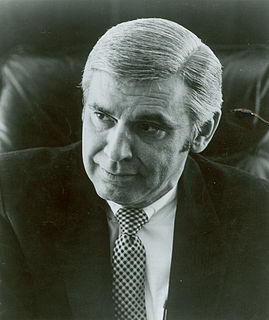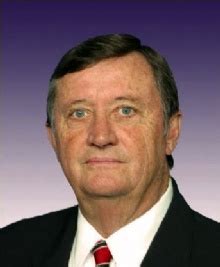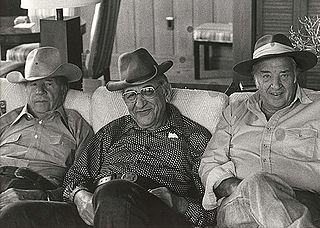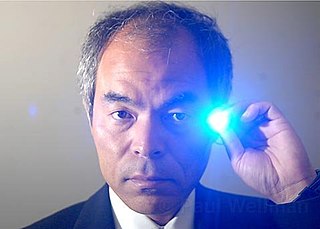A Quote by Jon Porter
In fact, 37 percent of all United States Nobel Prize winners in the 20th century have been representatives of the Jewish community.
Related Quotes
My co-winners, Peter Diamond and Christopher Pissarides, and I wish to thank the Royal Swedish Academy of Sciences and the Nobel Foundation for this very great honor. We each feel privileged and humbled to be named the winners of the 2010 Sveriges Riksbank Prize in Economic Sciences in Memory of Alfred Nobel.
Be it enacted by the Senate and House of Representatives of the United States of America in Congress assembled, That (a) the President of the United States is authorized to present, on behalf of the Congress, a gold medal of appropriate design to the family of the late Honorable Leo J. Ryan in recognition of his distinguished service as a Member of Congress and the fact of his untimely death by assassination while performing his responsibilities as a Member of the United States House of Representatives.
If you look at the recent Nobel Prize winners, one couldn't say that the work didn't matter and the political commitment did. Who had ever heard of the Egyptian writer Naguib Mahfouz? He is not politically involved. Octavio Paz is a great poet, also not politically involved. The Nobel Prize is for literature, for the quality of work over the years.
The nationalism and the protectionism that was built into the Mexican Revolution in 1910 and that characterized the Mexican attitude to the United States for much of the 20th century were difficult to overcome. But that actually has occurred. And the cooperation, trust and confidence that have been built is not something that should be abandoned without great consideration for the potentially grave consequences to the United States.

































